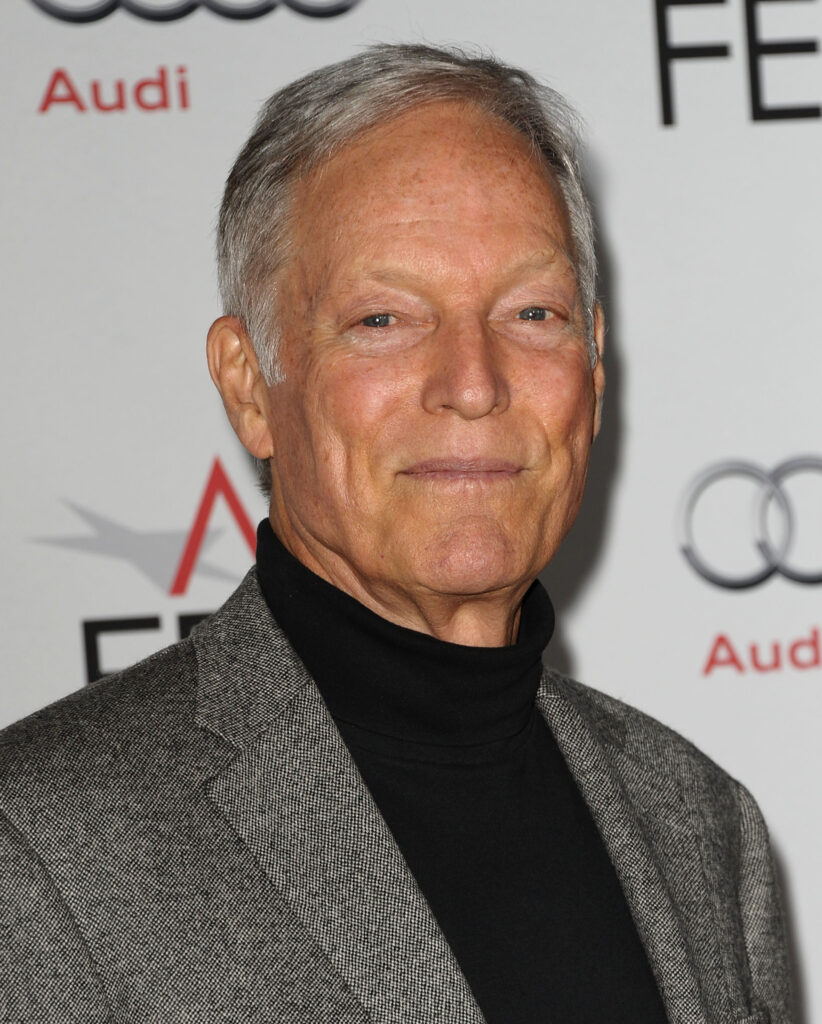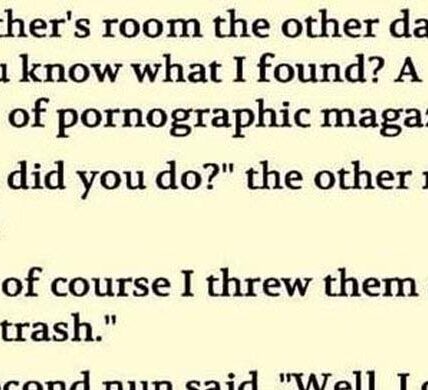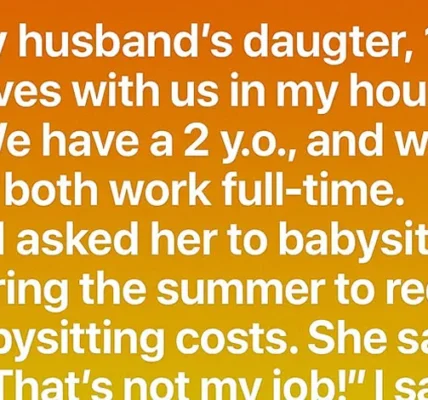Richard Chamberlain, who rose to fame as the heartthrob star of the television series “Dr. Kildare” in the early 1960s, proved his mettle by becoming a serious stage actor and went on to a new wave of acclaim as the omnipresent leading man of 1980s mini-series, died on Saturday at his home in Waimanalo, Hawaii, on the island of Oahu. He was 90.

A spokesman, Harlan Boll, said the cause was complications of a stroke.
Mr. Chamberlain was just 27 when he made his debut in the title role of the idealistic young intern on NBC’s “Dr. Kildare,” based on the 1930s and ’40s movie series. With his California-blond boyish good looks and low-key charm, he became an overnight star, said to be receiving 12,000 fan letters a week during the show’s five-year run, from 1961 to 1966.
Not long after the series ended, he moved to England, determined to shake his pretty-boy image by training as a serious actor. By 1969 he was playing Hamlet at the Birmingham Repertory Theater and surprising the British critics, who called him assured, graceful and plucky. “Anyone who comes to this production to scoff at the sight of a popular American television actor, Richard Chamberlain, playing Hamlet will be in for a deep disappointment,” a review in The Times of London declared.
After five years he returned to the United States and to notable stage and screen roles, but it was television, and in particular the mini-series format, that restored his major star status. It began with a role as a Scottish trapper in the ensemble cast of the 12-part “Centennial” in 1978, as viewers began a brief but intense romance with this new programming form, which combined feature-film ambition with the many hours required to tell big stories in great detail.
For Mr. Chamberlain, the phenomenon hit full force only when he played the dashing 17th-century romantic lead in “Shogun” in 1980, seducing a new generation of fans. He followed that in 1983 with his portrayal of Ralph de Bricassart, the tortured young priest in the saga “The Thorn Birds,” making him a 49-year-old sex symbol and the undeniable holder of the unofficial title “king of the mini-series.”
Mr. Chamberlain received Emmy Award nominations for “The Thorn Birds” and “Shogun,” as well as for “Wallenberg: A Hero’s Story” (1985) — in which he played Raoul Wallenberg, the World War II resistance hero — and for “The Count of Monte Cristo” (1975). He won three Golden Globes during his career, for “The Thorn Birds” and “Shogun,” and as best television actor for “Dr. Kildare” in 1963.
Mr. Chamberlain compared acting in a mini-series to doing Shakespeare. “It’s a very special knack to keep the ideas clear through a whole soliloquy with qualifying asides and pick up the line again,” he told The New York Times in 1988. “A 10-hour mini-series is similar. You must keep the overall design in your mind while shooting totally out of sequence.”
In 2003, Mr. Chamberlain published a memoir, “Shattered Love.” It was the story of his childhood, his career and his personal struggle for enlightenment. But one subject received most of the news media coverage: the acknowledgment that he was gay.
He patiently answered interviewers’ questions on the topic. “The sort of double life I was leading seemed, after a while, part of the game,” he said on the “Today” show. “You know, the performer’s — your public image is part of the show, really.”
But four decades after “Dr. Kildare,” social attitudes toward gay performers had changed enormously. The general public’s reaction was matter-of-fact acceptance.
George Richard Chamberlain was born on March 31, 1934, in Beverly Hills, Calif. — on “the wrong side of Wilshire Boulevard,” as he often said, rather than in the city’s movie-star-wealthy section. He was the younger of two sons of Charles Chamberlain, a supermarket-furnishings salesman, and his wife, Elsa.
He received a bachelor’s degree in art history and painting at Pomona College in Claremont, Calif. But in his freshman year he had joined a student theater group, and by graduation he had decided to pursue an acting career.
A Paramount Pictures talent scout who had seen him in student productions approached him, but around the same time he received a draft notice. After two years in the Army (he achieved the rank of staff sergeant), stationed in Korea shortly after the Korean War, Mr. Chamberlain returned to California, took acting and voice classes, and found an agent.
One of his first professional jobs was a 1959 guest appearance on the anthology television series “Alfred Hitchcock Presents,” in which Raymond Massey played his father. Soon after that, Mr. Massey approved him to play his medical colleague on “Dr. Kildare.”
Mr. Chamberlain made his film debut in “The Secret of the Purple Reef” (1960), a crime drama set in the Caribbean. He agreed to exploit his Kildare image by playing a young doctor in “Joy in the Morning” (1965), a lightweight drama about newlyweds, with Yvette Mimieux. That did not call for (or yield) a particularly complex characterization. But he went on to give several memorable — and, at that time, surprising — film performances.
They included Julie Christie’s dangerous husband in “Petulia” (1968), Octavius in “Julius Caesar” (1970), Tchaikovsky in “The Music Lovers” (1971), Aramis in “The Three Musketeers” (1973) and its sequel, the cowardly electrical engineer in the disaster film “The Towering Inferno” (1974) and an Australian lawyer transformed by an encounter with Aboriginal culture in Peter Weir’s drama “The Last Wave” (1977).
His stage career got off to an unfortunate start with the disastrous 1966 Broadway musical adaptation of “Breakfast at Tiffany’s,” also starring Mary Tyler Moore, which closed in previews. But he later earned admiring reviews for classic roles in “Richard II” and “Cyrano de Bergerac,” as well as in “Hamlet.” In the 1970s he was nominated twice for Drama Desk Awards, for his portrayal of a fallen minister in Tennessee Williams’s “The Night of the Iguana” (1976) at the Circle in the Square and of Wild Bill Hickok in “Fathers and Sons” (1978) at the Public Theater. He called Hickok his favorite role.
He returned to Broadway, if not triumphantly at least to more than respectful reviews, in “Blithe Spirit” (1987) and “My Fair Lady” (1993), and as a replacement in “The Sound of Music” (1999). (The musicals reminded longtime fans that he had a hit record in the ’60s, singing the “Dr. Kildare” theme.)
In addition to the mini-series, he appeared in numerous made-for-television movies, playing the title roles in “F. Scott Fitzgerald and ‘The Last of the Belles’” (1974) and “The Man in the Iron Mask” (1977). He starred in another series, “Island Son,” in 1989, playing yet another doctor, but he was unhappy with its direction and it lasted only one season.
After his formal coming out, Mr. Chamberlain appeared to delight in portraying characters who were gay or played with gender stereotypes. He had already appeared on the sitcom “The Drew Carey Show” in full drag as a female character. He was later a guest star on “Will & Grace” and made a cameo appearance in the film “I Now Pronounce You Chuck & Larry” (2007).
His later television work included appearances in the drama series “Brothers & Sisters,” in which he played a former lover of Ron Rifkin’s character, and on the crime series “Leverage.” In May 2017, he made the briefest of cameo appearances in a celebrity-studded episode of Showtime’s “Twin Peaks: The Return,” as the elegant gray-haired assistant to the transgender F.B.I. chief of staff.
In 2011, he appeared as an ailing rock-club owner in an indie comedy film, “We Are the Hartmans.” And he returned to the New York stage in 2014, playing the family priest in an Off Broadway revival of David Rabe’s dark comedy “Sticks and Bones.” Ben Brantley’s review in The Times summed up his performance as “wonderfully unctuous.”
His final film role was as an acting coach in the mystery “Finding Julia” in 2019.
After he became a full-time resident of Hawaii in 1990, Mr. Chamberlain began painting again and exhibited his work there. More than once, he described himself as a contented “beach bum.”
In 2010 he announced that he would be moving back to Los Angeles and living apart from Martin Rabbett, the producer, writer and actor who was his companion of more than 30 years. But Mr. Boll said that before his death Mr. Chamberlain and Mr. Rabbett had resumed living together in Hawaii.
Mr. Rabbett is his only immediate survivor.
When an interviewer for the Archive of American Television asked Mr. Chamberlain in 2010 how he wanted to be remembered, he laughed heartily and said, “I am not interested in being remembered.”
He was willing, however, to share his spiritual beliefs. “I’m positive that love exists,” he said, “and is available to us all the time.” He didn’t mean the phenomenon of being in love, he insisted, but rather “a vibration that is — and is at our beck and call.”


